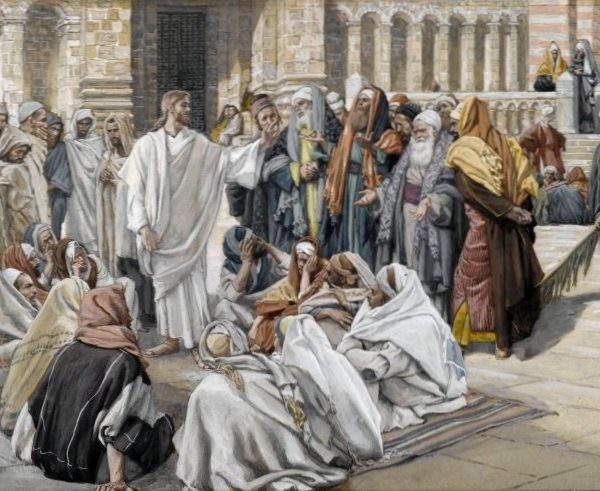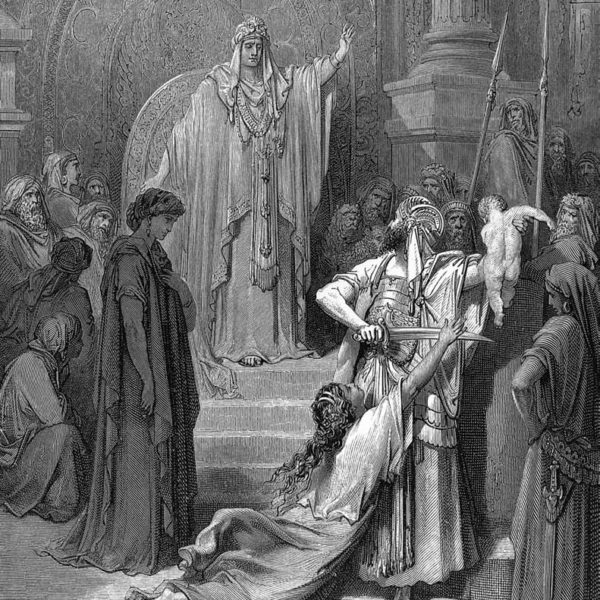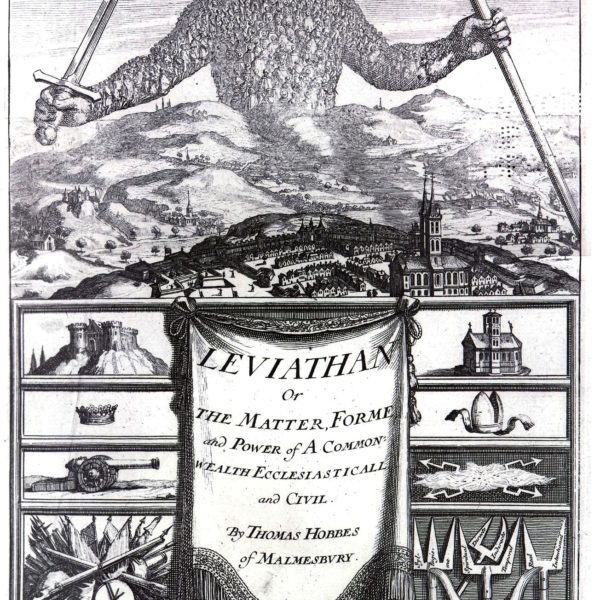
The tendencies of any group of human beings to normalize power and hide harm are themselves, then, subject to the process Matthew’s gospel is describing. The frankness of communication, of subsidiarity mediation and conflict negotiation, the expectation of honest and mutual accountability described here should also be applied, as healthily and faithfully as possible, to the workings of authority, relationship, and power system within the community.
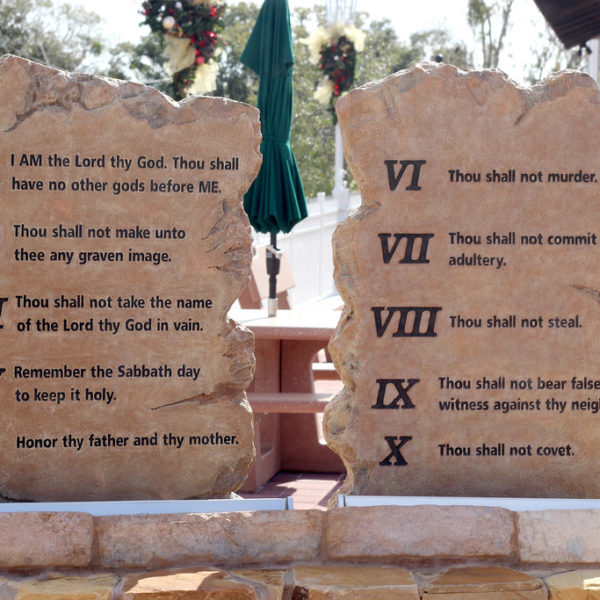
Jesus’ teaching in the Sermon on the Mount unsettles many biblicist ways of understanding Scripture. It may even be better to move from speaking of ‘the Scriptures’ as a noun, to speaking of ‘Scripturing’ as a verb.
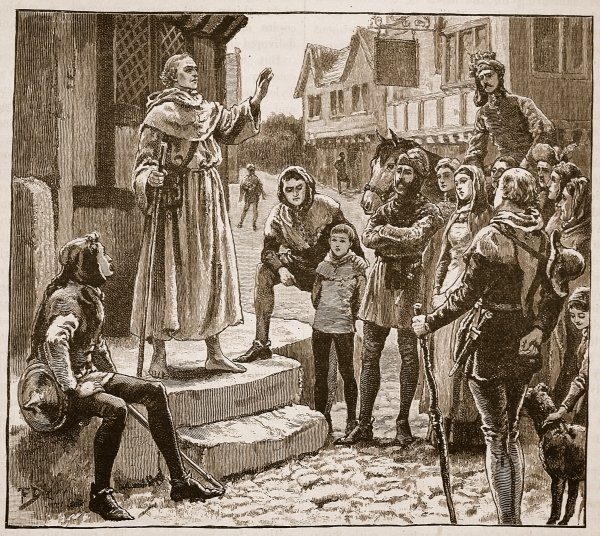
One Sunday around 1173, in Lyons, a wealthy financier named Waldo heard a traveling singer tell the story of St. Alexis, the son of a Roman senator who fled his family, became a beggar, and took to a life of prayer and service. Moved, he hurried to talk to a theologian, who told him of Jesus’ exhortation: if you wish to be perfect, go, sell what you have, and give it to the poor. And so he did.
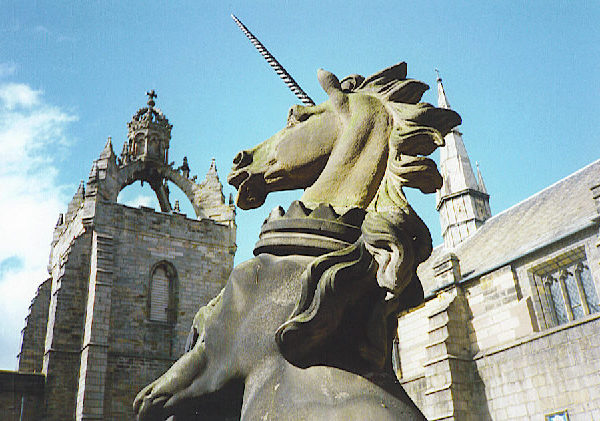
The Center for Citizenship, Civil Society, and the Rule of Law will be hosting a conference at King’s College, Aberdeen this coming June 24-27. Here is the text of their CFP:
Call for papers – annual CISRUL workshop and PhD summer school





